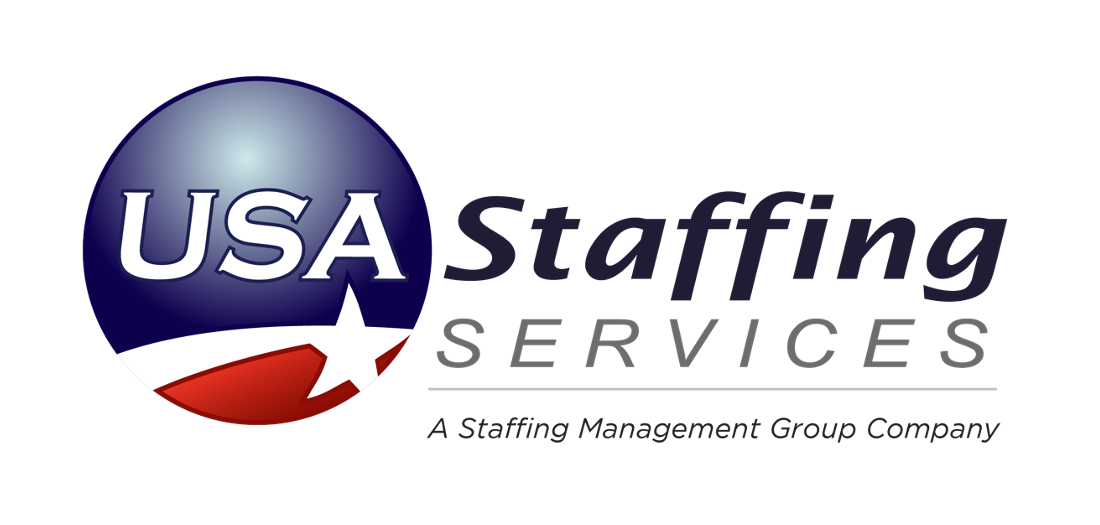Is your current career path feeling stagnant or unfulfilling? Do you dream of switching to a completely different industry, but fear the unknown? Transitioning to a new industry is certainly a challenge, but it’s also a rewarding and exciting experience. Here are some valuable tips to help you make the switch successfully:
1. Self-Assessment & Research:
- Identify your transferable skills: Take time to reflect on your strengths, skills, and experience from your previous career. Don’t focus solely on industry-specific knowledge; look for transferable skills like problem-solving, communication, and project management that can be applied across different fields.
- Research your target industry: Immerse yourself in your chosen industry. Read industry publications, attend conferences and events, and network with professionals in the field. This will help you gain a deeper understanding of the industry landscape, potential job roles, and required skills.
- Consider your financial situation: Transitioning careers can come with a financial impact. Carefully assess your current financial situation and plan accordingly. Budget for potential expenses like education, training, and income gaps during the transition period.
2. Develop Relevant Skills & Knowledge:
- Identify skill gaps: Compare your existing skillset with the requirements of your target industry. Identify areas where you need to gain additional knowledge or skills.
- Invest in education and training: Consider pursuing relevant courses, certifications, or even a degree to bridge your skill gaps. Online learning platforms, professional development programs, and industry-specific workshops offer valuable resources for acquiring new skills.
- Network and volunteer: Build relationships with professionals in your target industry. Look for volunteer opportunities where you can utilize your transferable skills and gain practical experience in the field.
3. Build your Network & Leverage Connections:
- Attend industry events: Attend conferences, workshops, and networking events to connect with professionals in your target industry. This is a great way to learn about potential job opportunities and showcase your skills and interests.
- Join professional organizations: Joining relevant professional organizations provides access to industry resources, networking events, and mentorship opportunities.
- Utilize online platforms: Build your online presence on platforms like LinkedIn and industry-specific forums. Engage in discussions, participate in online communities, and connect with professionals who can offer guidance and support.
4. Tailor your Resume and Cover Letter:
- Highlight transferable skills: When crafting your resume and cover letter, focus on showcasing your transferable skills and experiences that are relevant to your target industry. Use keywords specific to the industry and demonstrate how your skills can benefit potential employers.
- Quantify your achievements: Don’t just list your responsibilities; quantify your achievements with numbers and data whenever possible. This helps employers visualize the impact you can make.
- Target your application materials: Tailor your resume and cover letter to each specific job application. Highlight the skills and experiences that are most relevant to the specific position and company.
5. Be Patient & Persistent:
- Transitioning careers takes time and effort. Don’t get discouraged if you don’t find your dream job immediately. Stay focused, persistent, and keep working towards your goals.
- Network actively and build relationships. Networking is crucial in any job search, but even more so when transitioning industries. Leverage your connections, attend industry events, and build a strong professional network.
- Celebrate your progress and learn from setbacks. Remember, there will be challenges along the way. Celebrate your accomplishments, no matter how small, and learn from your mistakes.
Transitioning to a new industry can be an exciting and rewarding experience. By following these tips, you can increase your chances of success and build a fulfilling career in your chosen field. Remember, the most important thing is to be passionate, persistent, and never give up on your dreams.
